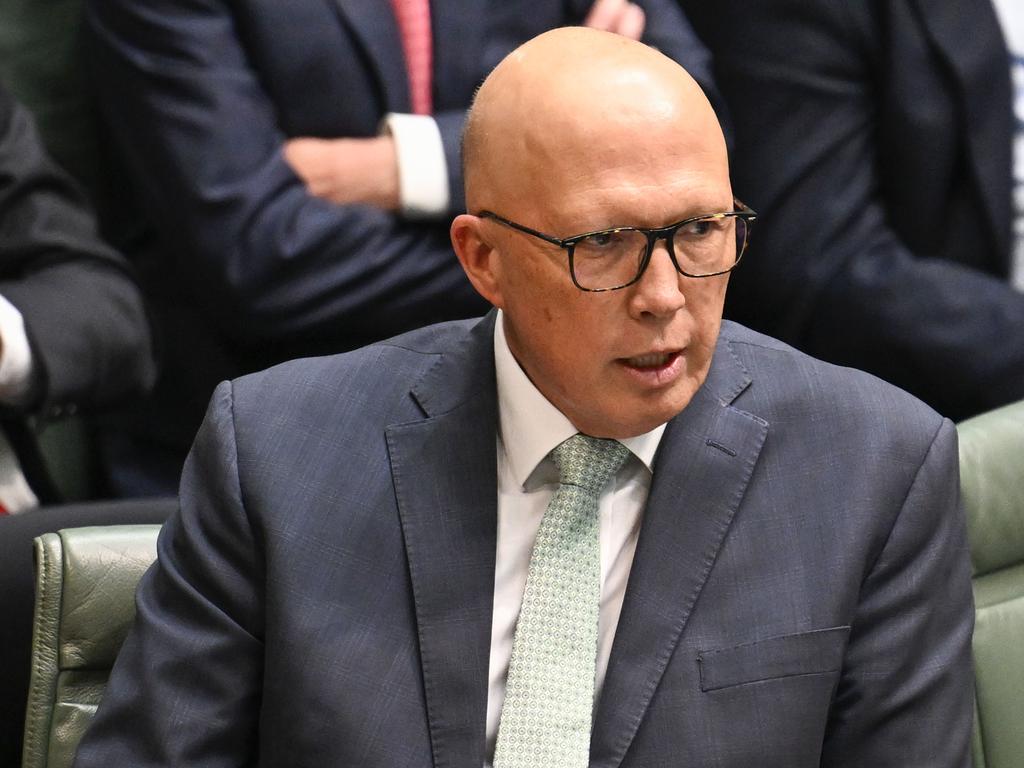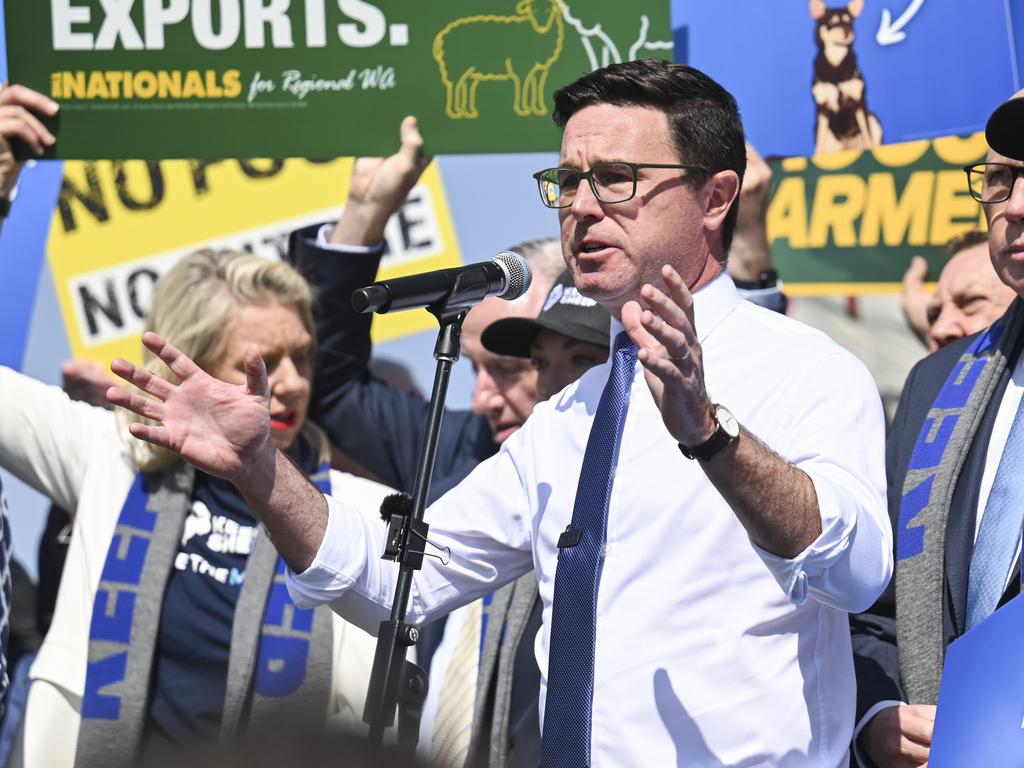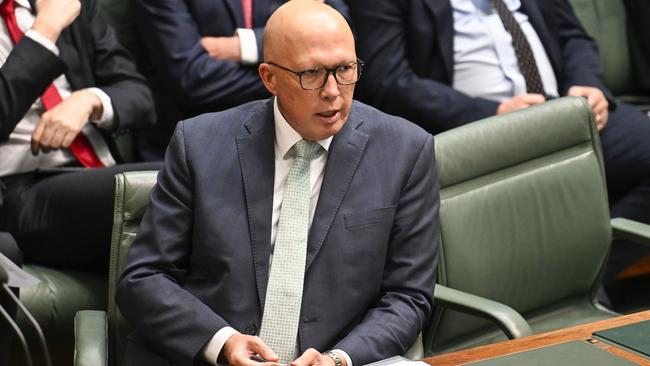
There’s politics. And then there’s economics.
The hope of economists is that politically driven decisions are not too economically harmful.
Given the political popularity of providing cost-of-living relief, it was inevitable that Peter Dutton would make some sort of announcement in his budget-reply speech.
Having decided to oppose the very small tax cuts announced by Jim Chalmers to come into effect in 15 months, an alternative measure was in order.
Of course, if these relief measures get out of hand, they end up blowing the budget up, which then puts pressure on inflation and interest rates.
In other words, they can end up being counter-productive.
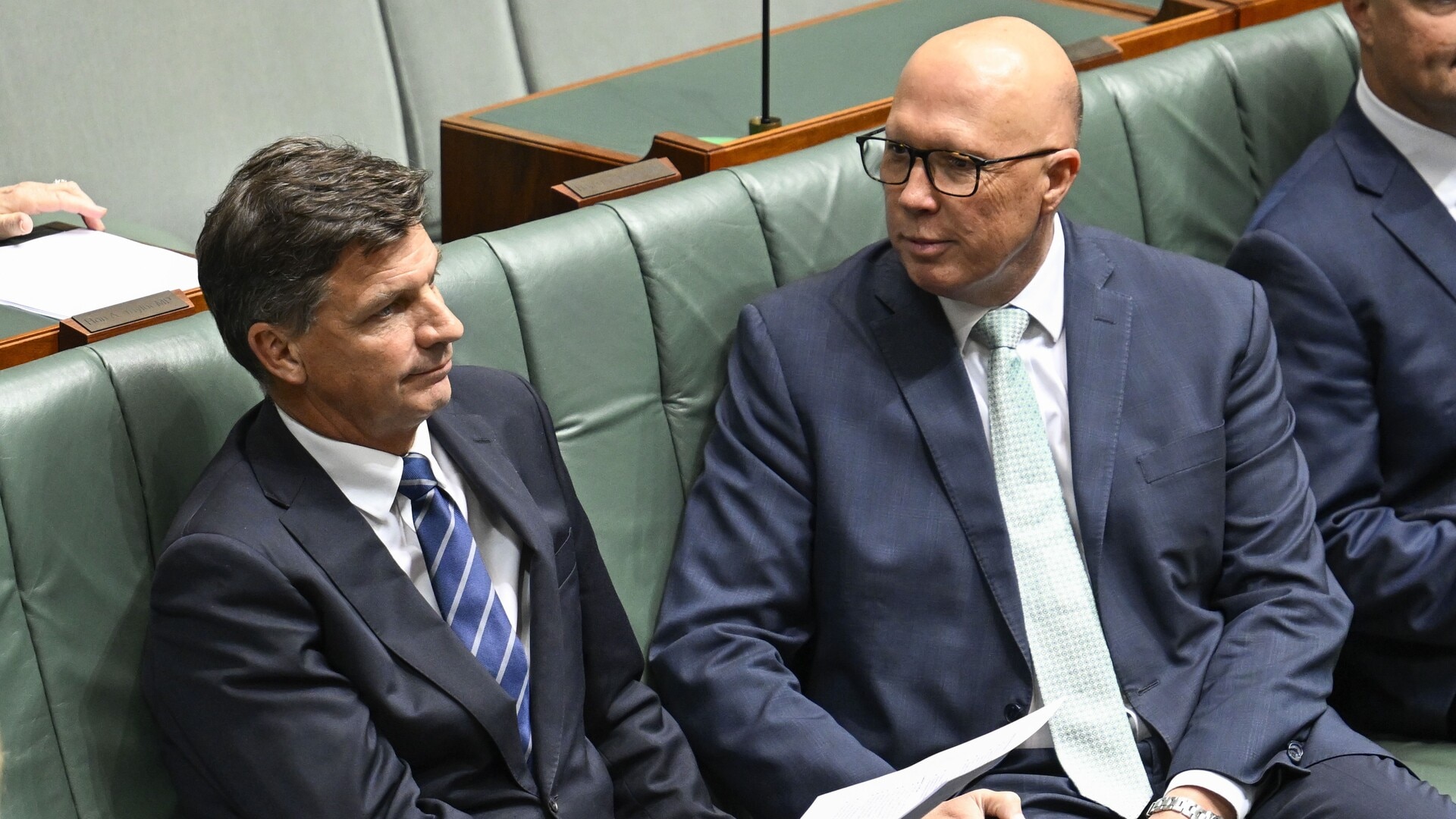
The Opposition Leader has announced that should the Coalition form government, the rate of fuel excise would be halved immediately from 50.8c a litre to 25.04c.
The cut would last for 12 months and cost the budget $6bn.
Most economists won’t be supportive of the proposal.
A dim view was taken of John Howard’s decision to freeze the indexation of the rate of fuel excise. The rate was also cut during the Covid period.
One reason why economists will object is our over-reliance on income tax to generate government revenue.
And that is a fair point.
But it’s not as if the Treasurer’s proposal to reduce the lowest marginal tax rate doesn’t have drawbacks. At $17bn over the forward estimates, it is relatively costly. It also doesn’t kick in for 15 months and is not targeted at lower income earners. There is also a jump in the effective marginal tax rate as people enter the 30c in the dollar income tax bracket.
The political advantages – and some economic ones – of cutting the fuel excise rate are:
• It’s immediate;
• It’s temporary;
• It’s clearly a form of cost-of-living relief;
• It’s targeted at people who need to use their cars for work and family reasons, particularly in the outer suburbs and regional areas;
• These people have been particularly hit by higher mortgage rates;
• It partly offsets the benefits that those who can work from home receive by making the cost of travel lower for those who must travel to work;
• Fuel costs also feed into business costs, and this could act to reduce the headline rate of inflation at least.
The broader question is what other economic measures the Coalition will propose and will the package add up to reform.
It is often overlooked that the Liberal Party is opposed to virtually all the new off-budget spending, including the dubious Future Made in Australia program.
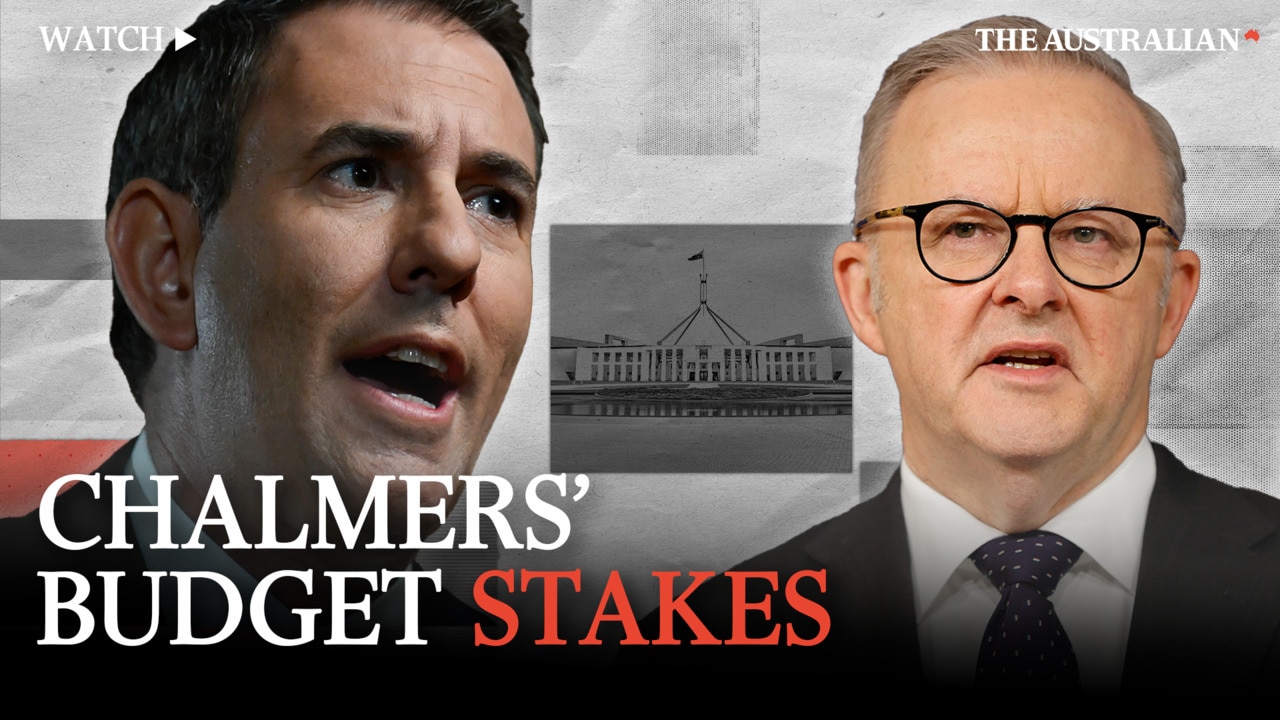
This amounts to big bucks and will reduce government debt substantially if the spending can be killed off.
Accelerated depreciation for small businesses makes economic sense and should probably be made a permanent feature of the tax code, as it is in the US.
The tax deductibility of lunches for small businesses probably won’t cost too much while giving a boost to local hospitality outlets.
It doesn’t count as serious economic reform.
Going along with the government’s highly inefficient and expensive promotion of GP bulkbilling – the cost of achieving additional bulkbilled appointments is extremely high – was disappointing even if it was politically understandable.
While Chalmers claims to be engaging in budget repair, the reality is very different.
Gross government debt will soon reach $1 trillion and government spending as a proportion of GDP is now over two-percentage-points higher than pre-Covid.
In these days of heightened global economic uncertainty, the government should be doing everything it can to strengthen our fiscal position to act down the track if needed.
This point applies to whoever controls the government benches.


